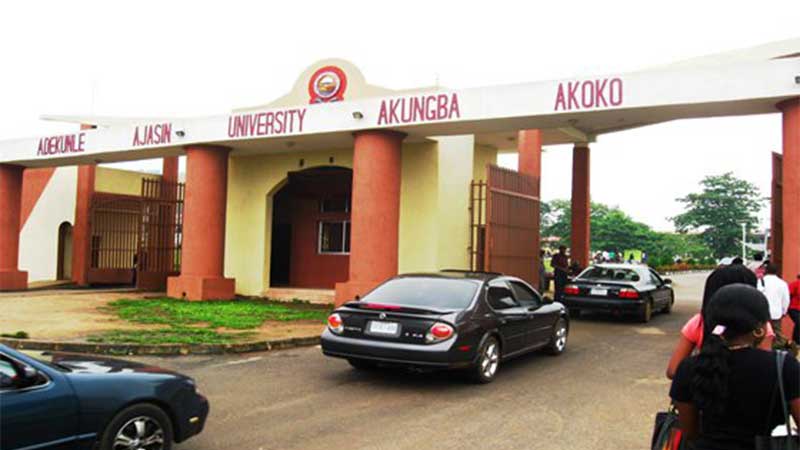Olatunji Oluwafemi, a researcher from the Department of Mathematical Sciences at Adekunle Ajasin University, has pioneered advanced numerical models designed to tackle the complex challenges of economic risks and dynamics. These models address the growing demand for precise computational methods in diverse fields, ranging from environmental modelling and chemical processes to the crucial area of economic policy formulation. In an increasingly interconnected world, where economies are susceptible to rapid fluctuations and unforeseen shocks, the need for robust analytical tools is paramount. Oluwafemi’s research focuses on solving stiff differential equations, a class of equations that are fundamental to modelling intricate and sensitive phenomena requiring a high degree of accuracy and stability. His work holds significant promise for mitigating economic risks, predicting market behavior, and informing policy decisions, ultimately contributing to greater global economic stability.
Oluwafemi’s innovative approach involves developing generalized hybrid multi-step methods, which significantly enhance the analytical capabilities of researchers and policymakers. These advanced methods provide a more accurate and stable platform for predicting and simulating complex economic scenarios. Traditional numerical methods often struggle with the computational demands of stiff differential equations, which characterize systems that exhibit rapid changes and sensitivities to initial conditions. The hybrid multi-step methods developed by Oluwafemi overcome these limitations, offering a more robust and efficient approach to modeling dynamic systems. By providing a more accurate representation of economic realities, these tools empower policymakers to make more informed decisions, leading to better economic outcomes and enhanced global resilience.
The significance of Oluwafemi’s work extends beyond the realm of economics. The developed numerical models have broad applications in various fields, including environmental modeling, where they can be used to simulate complex environmental processes and predict the impact of climate change. In the field of chemical processes, these models can contribute to optimizing industrial operations and designing more efficient chemical reactions. Furthermore, the application of these advanced numerical methods extends to space exploration, where accurate modeling of complex physical phenomena is crucial for mission planning and spacecraft design. The versatility of these models underscores their potential to address a wide range of scientific and technological challenges.
The increasing complexity and interconnectedness of global systems underscore the urgent need for sophisticated analytical tools. Economic stability is increasingly threatened by a multitude of factors, including global pandemics, geopolitical tensions, and climate change. These events can trigger rapid and unpredictable economic shifts, highlighting the limitations of traditional economic models. Oluwafemi’s research provides a crucial step towards developing more robust and adaptable models that can effectively capture these complex dynamics. By accurately simulating the impact of various economic shocks and policy interventions, these models can equip policymakers with the tools they need to navigate economic uncertainty and promote long-term stability.
The development of these advanced numerical models represents a significant contribution to the field of computational mathematics. By addressing the challenges posed by stiff differential equations, Oluwafemi’s work opens new avenues for modeling complex systems across various disciplines. The generalized hybrid multi-step methods offer improved accuracy, stability, and efficiency compared to traditional approaches, enabling researchers to tackle more complex and demanding problems. This advancement in numerical methods is not merely a theoretical achievement; it has practical implications for addressing real-world challenges in economics, environmental science, chemical engineering, and space exploration. The ability to accurately model and predict the behavior of complex systems is essential for informed decision-making and effective problem-solving in these critical areas.
In conclusion, Olatunji Oluwafemi’s research on advanced numerical models has far-reaching implications for addressing global challenges. His focus on solving stiff differential equations has led to the development of innovative hybrid multi-step methods, which offer enhanced accuracy and stability for modeling complex phenomena. These tools have the potential to revolutionize economic forecasting, environmental management, chemical process optimization, and space exploration. By providing a more robust and reliable platform for analyzing complex systems, Oluwafemi’s work empowers researchers and policymakers to make more informed decisions, leading to greater economic resilience, sustainable growth, and improved outcomes across various fields. His contribution represents a significant step towards developing the sophisticated analytical tools necessary to navigate the complexities of our interconnected world and address the pressing challenges of the 21st century.


